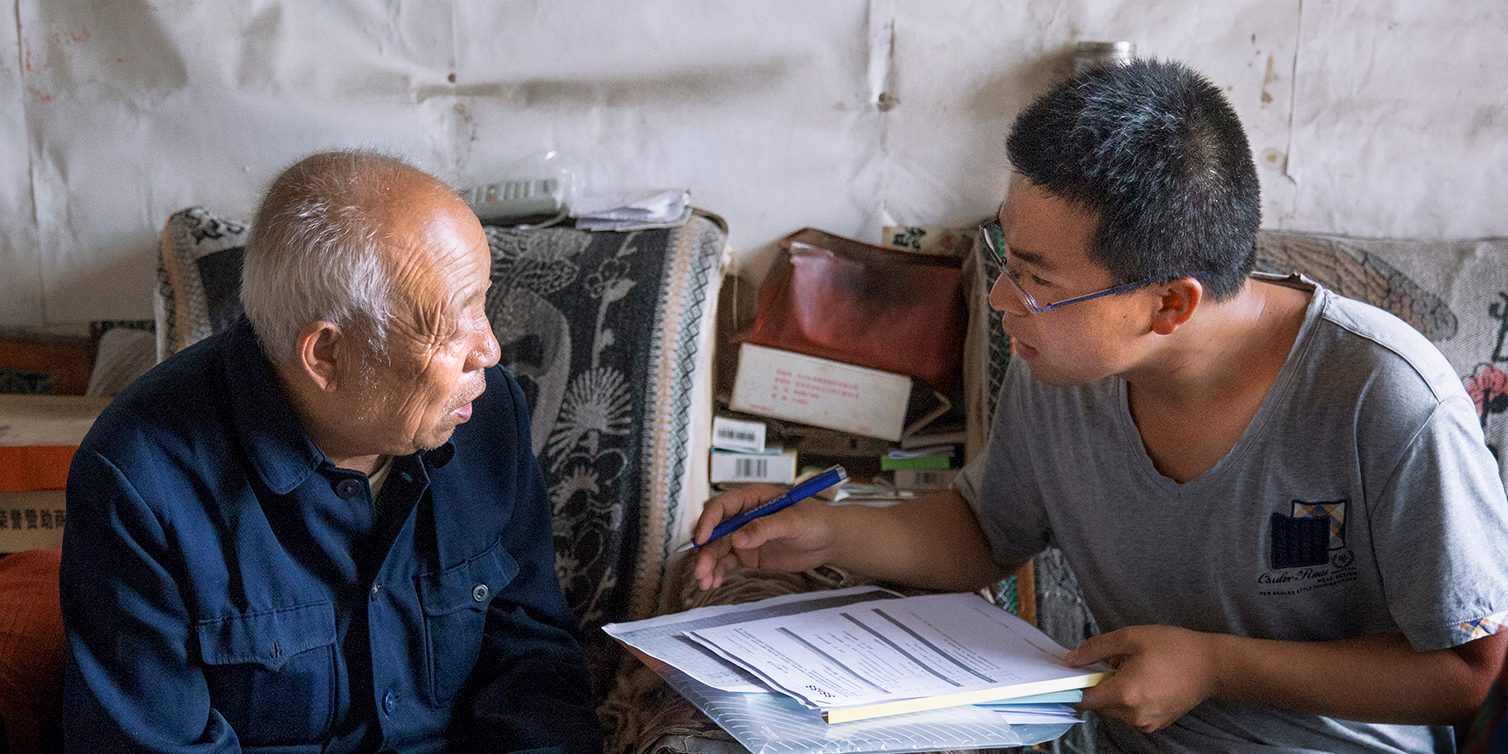Sauces in China 4.4 times saltier than similar sauces sold in the UK
New research on the salt content of sauces in China and the UK, led by Queen Mary University of London and The George Institute China, has produced the following findings:
New research on the salt content of sauces in China and the UK, led by Queen Mary University of London and The George Institute China, has produced the following findings:

The global health landscape is changing rapidly as a consequence of a myriad of factors, including population growth, ageing, lifestyle changes and new pandemics of chronic disease and injury. This is placing unprecedented demands on already overstretched healthcare resources in both high- and low-income countries.
We are focused on the global health challenges that cause the greatest loss of life, the greatest impairment of life quality and the most substantial economic burden, particularly in resource-poor settings.
You won't find us in laboratories or working with microscopes, but instead we are working with communities, clinicians, hospitals, healthcare providers, governments and other organisations engaged in the business of delivering healthcare.

The George Institute is a leading independent global medical research institute with major centres in Australia, China, India and the UK, and an international network of experts and collaborators.
Our mission is to improve the health of millions of people worldwide, particularly those living in disadvantaged circumstances, by challenging the status quo and using innovative approaches to prevent and treat non-communicable diseases and injury.
700+ people across the globe
45 countries with ongoing projects
8,000+ publications & other academic outputs
$1 billion raised for research since 1999
Authored by Mercian Daniel, Program Manager, Mental Health, The George Institute India.
Authored by Professor Goran Tomson, Distinguished Fellow, Thought Leadership program, The George Institute for Global Health.
Professor Goran Tomson is a leading voice in global health systems research. His remarkable career, first practicing medicine and later research in health system changes to improve quality of care, spans over thirty years and crosses countless borders. In this piece, he reflects on the developments he has observed in Global Health Systems Research and presents his perspectives on challenges and opportunities in the future.
A/Professor Clare Arnott is Head of the Cardiovascular Program and Director of the Global Better Treatments Program at The George Institute for Global Health and Staff Specialist cardiologist at Royal Prince Alfred Hospital.
Cardiovascular disease claims the most lives of any illness. Ahead of World Heart Day on September 29, we offer insights to debunk popular assumptions that affect advances in knowledge and improvements in health.